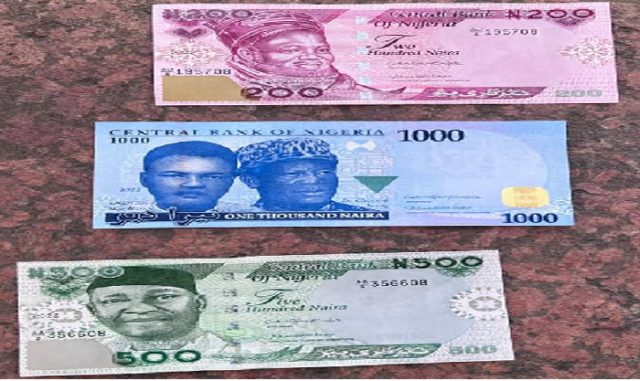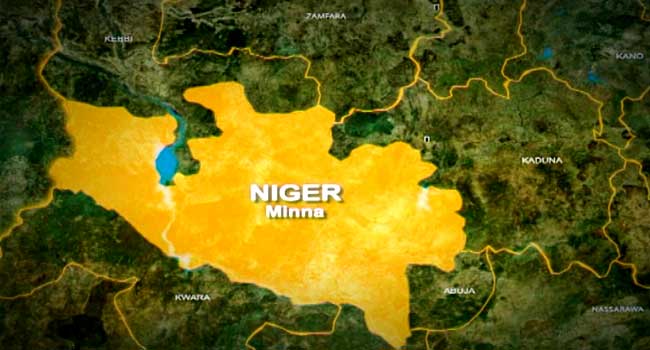Nigeria’s local currency, the naira, is among the 10 worst-performing currencies in the world, Bloomberg is reporting.
According to a report by the publication, out of the 10 worst-performing currencies, five are from Africa, including the Zambian kwacha, the Angolan kwanza and the naira.
The drop in the performance of the African currencies was linked to economic challenges, unstable commodity prices, inflationary pressures, and a lack of dollar liquidity.
Also, Bloomberg said the poor performance is due to many African economies depending on oil exports, so they are vulnerable to declines in price.
Commenting on the data, Keonethebe Bosigo, portfolio manager at Mazi Asset Management, said oil prices are not the only issue, even though it is a major factor.
Bosigo said poor currency management and imbalances are “the real culprits”.
Speaking on the performance of the naira, the portfolio manager said oil prices are a factor, “but the real issue is that the naira wasn’t allowed to adjust, which led to its overvaluation and a subsequent loss of confidence in the currency”.
On his part, Irmgard Erasmus, an economist at Oxford Economics, said the naira continues to “face significant pressure despite reforms aimed at liberalising the current account”.
“The naira remains undervalued relative to its long-term neutral value due to ongoing issues around liquidity and dollar supply,” Erasmus said.
“Although Nigeria has made inroads toward current account liberalisation since the Tinubu victory in 2023, hard-currency supply challenges persist while tightening regulations on the banking sector and BDC operators contribute to risk aversion.”
The economist added that declining Brent crude prices have only exacerbated the problem, but improved dollar liquidity could help the naira recover over time.
“The government’s slow pace of reforms, combined with haphazard monetary policies, continues to keep the currency in undervalued territory,” he added.
Erasmus also said the naira should be trading closer to N1,100 per dollar in the absence of distortions, compared to Thursday’s close of N1,544/$.
He, however, said without significant policy changes and improved dollar liquidity, the outlook for the naira remains fragile.
On June 14, 2023, the Central Bank of Nigeria (CBN) officially unified the multiple FX rate systems, collapsing all FX windows into the investors’ and exporters’ (I&E) window.
The policy resulted in the depreciation of the local currency and caused significant levels of volatility in the FX market.
At the close of trading on Friday, data from FMDQ Securities, a platform that oversees official foreign exchange trading in Nigeria, showed that the naira traded at N1,541 per dollar.







